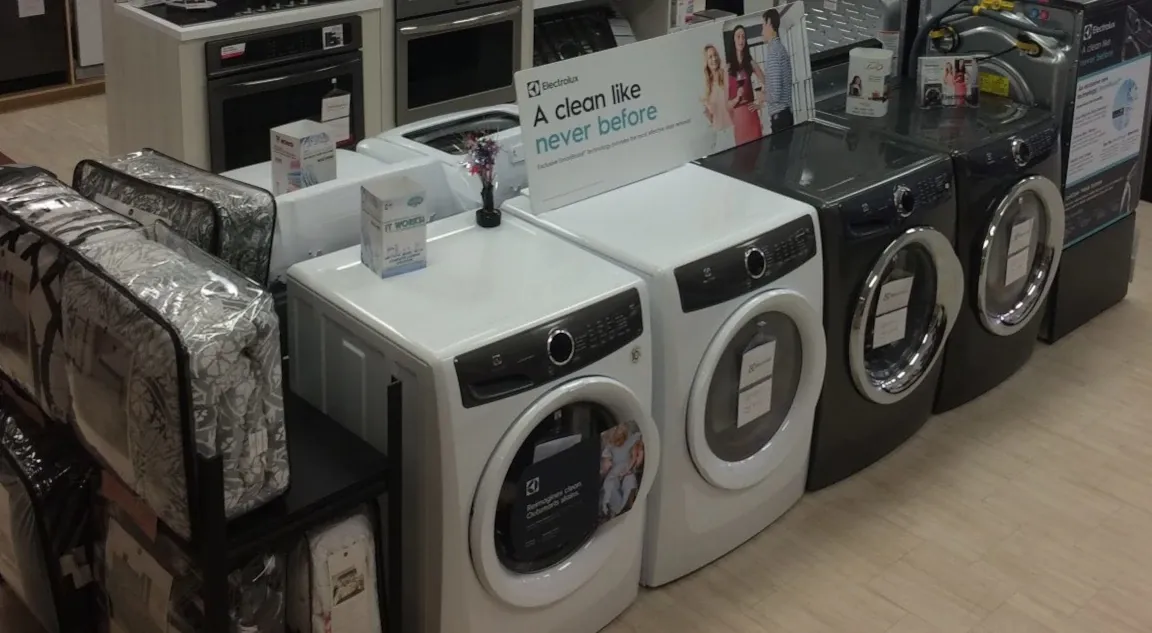Snap Finance sued for allegedly deceptive 'lease-to-own' deals
Rent-to-own often winds up costing more than buying outright or using normal consumer loans

The lease-to-own concept can sound pretty good to cash-strapped consumers, seeming to offer a low-cost way to buy big-ticket items like furniture, appliances and other essentials. But it can also turn into an expensive trap.
That's what the Consumer Financial Protection Bureau (CFPB) says happened with Snap Finance. It sued the company today for deceiving consumers, obscuring the terms of its financing agreements, and making false threats.
In a lawsuit filed in federal district court, the CFPB alleges that Snap Finance has offered and provided millions of “lease-purchase” and “rental-purchase” financing agreements in ways that have harmed consumers, including through misleading advertisements, insufficient disclosures, and interfering with consumers’ ability to understand the terms and conditions of its financing agreements.
“Snap Finance illegally obscured terms and conditions of their so-called 'rental purchase agreements,' which led to exorbitant charges,” said CFPB Director Rohit Chopra. “To ensure fair competition and to protect the public, the CFPB is carefully watching lending outfits operating outside of the traditional banking system.”
Three million and counting
Snap Finance, based in Utah, partners with thousands of merchants nationwide to offer, market, and underwrite “rental-purchase” or “lease-purchase” agreements to consumers.
Snap issues financing agreements to consumers purchasing products and services such as furniture and appliances, mattresses, auto parts and repairs, auto electronics, and jewelry. Since at least January 2017, Snap Finance has sold more than three million “rental-purchase” or “lease-purchase” arrangements.
Specifically, Snap Finance allegedly harmed consumers throughout the consumer experience, from advertising to enrollment to servicing to collections by:
- Using deceptive advertising practices to lock consumers into expensive agreements: Snap Finance aggressively marketed its financing with advertisements that misled consumers as to the nature of the financing arrangement and failed to disclose the true costs customers would incur. In-store promotional materials provided by Snap Finance advertised a “100 Day Cash Payoff,” which led consumers to believe they had entered into a 100-day financing agreement. In fact, consumers were automatically entered into 12 months of payments, which typically involves total payments that amounted to more than double the cash price of the financed merchandise or service.
- Obscuring the terms and conditions of its financing agreement to confuse consumers about their payment obligations: Snap Finance typically required merchants to provide the details of its financing agreements to consumers, but for years did not provide written training materials on this subject to its merchant partners. Using a tablet-based system designed and provided by Snap Finance, merchants commonly signed and submitted agreements on behalf of consumers without their review. The Snap-designed system required consumers to pay a fee before seeing the terms of their agreement. Snap Finance also failed to provide consumers with required disclosures about the cost of credit, such as finance charges and annual percentage rates.
- Misrepresenting consumers’ rights in the finance agreements: Snap Finance made false and misleading statements to consumers about their rights under the agreement, which led consumers to believe they could not terminate their agreement or surrender merchandise back to the lender. Snap Finance’s internal training materials strongly discouraged employees from accepting consumer requests to surrender purchases, and employees routinely and false told consumers their purchases were not eligible for surrender. Out of the nearly 1.7 million “rental-purchase” agreements that Snap Finance entered into with consumers between January 2017 and January 2020, Snap Finance permitted consumers to “surrender” their financed merchandise in only 165 cases total.
- Making false threats and deceptive statements to struggling borrowers: Snap Finance also employed illegal debt collection practices by threatening actions and misrepresenting consumers’ payment obligations under their agreement. In some cases, the company also made these threats to consumers who had already made all their payments, who were current on their payments, or who had not even received their purchase yet.
The lawsuit is seeking monetary relief for consumers, an end to Snap Finance’s illegal practices, and a civil money penalty.
